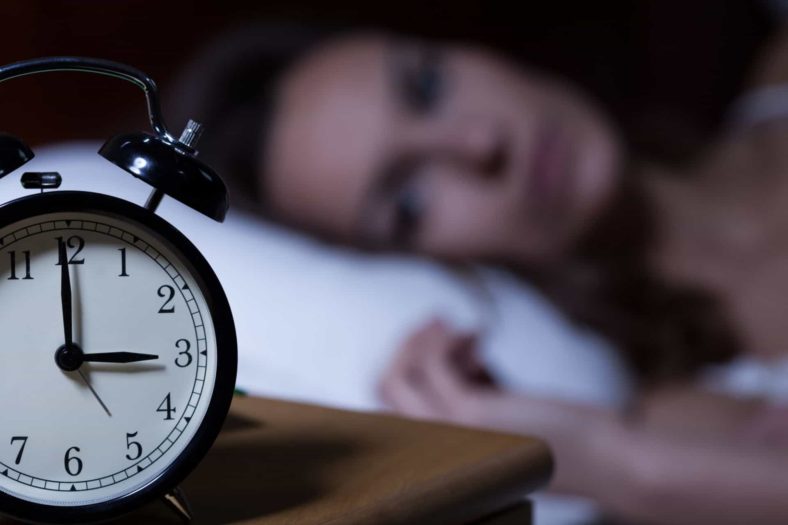By Manoli Mehta
A good night’s sleep is just as important as regular exercise and a healthy diet.
Research shows that poor sleep has immediate negative effects on your hormones, exercise performance, and brain function.
It can also cause weight gain and increase disease risk in both adults and children.
In contrast, good sleep can help you eat less, exercise better, and be healthier.
Over the past few decades, both sleep quality and quantity have declined. In fact, many people regularly get poor sleep.
Here are some tips to improve your sleep:
Nix Naps
You’ll rest better at night. But if you have to snooze while the sun’s up, keep it to 20 minutes or less. Nap in the early part of the day. Overcome an afternoon energy slump with a short walk, a glass of ice water, or a phone call with a friend.
Block Your Clock
Do you glance at it several times a night? That can make your mind race with thoughts about the day to come, which can keep you awake. Put your alarm clock in a drawer, under your bed, or turn it away from view.
Put Your Neck in ‘Neutral’
Blame your pillow if you wake up tired with a stiff neck. It should be just the right size — not too fat and not too flat — to support the natural curve of your neck when you’re resting on your back. Do you sleep on your side? Line your nose up with the center of your body. Don’t snooze on your stomach. It twists your neck.
Keep regular sleep hours
Going to bed and getting up at roughly the same time every day will program your body to sleep better. Choose a time when you’re likely to feel tired and sleepy.
Create a restful sleeping environment
Your bedroom should be a peaceful place for rest and sleep. Temperature, lighting, and noise should be controlled so that your bedroom environment helps you to fall (and stay) asleep.
If you have a pet that sleeps in the room with you, consider moving it somewhere else if it often disturbs you at night.
Make sure your bed is comfortable
It’s difficult to get restful sleep on a mattress that’s too soft or too hard, or a bed that’s too small or old.
Exercise regularly
Moderate exercise on a regular basis, such as swimming or walking, can help relieve some of the tension built up over the day. But make sure you do not do vigorous exercise, such as running or the gym, too close to bedtime, as it may keep you awake.
Cut down on caffeine
Cut down on the caffeine in tea, coffee, energy drinks, or colas, especially in the evening. Caffeine interferes with the process of falling asleep and also prevents deep sleep. Instead, have a warm, milky drink or herbal tea.
Don’t eat late in the evening
Eating late at night may negatively affect both sleep quality and the natural release of HGH and melatonin. Consuming a large meal before bed can lead to poor sleep and hormone disruption. However, certain meals and snacks a few hours before bed may help.
Do not over-indulge
Too much food or alcohol, especially late at night, can interrupt your sleep patterns. Alcohol may help you to fall asleep initially, but it will disrupt your sleep later on in the night.
